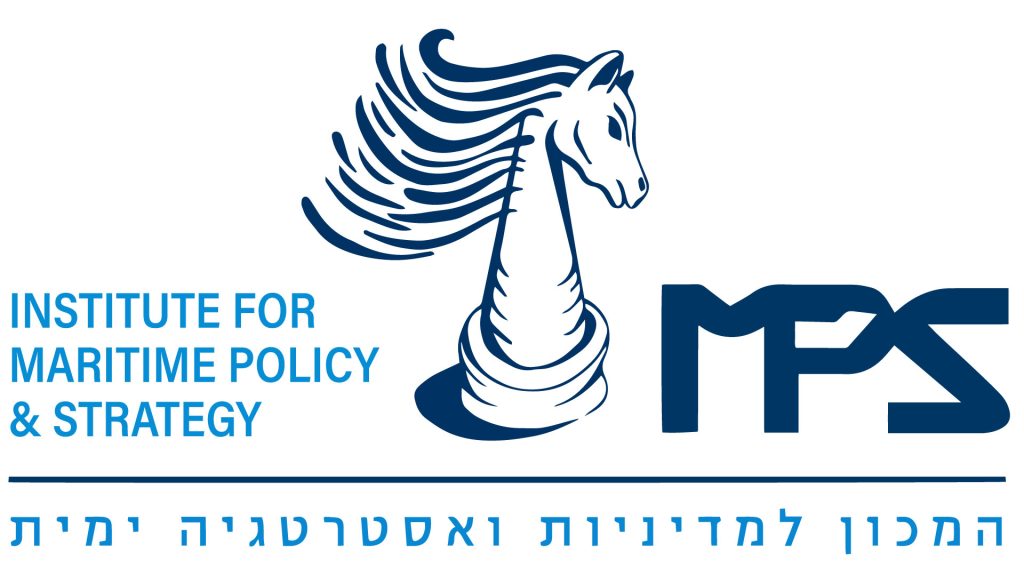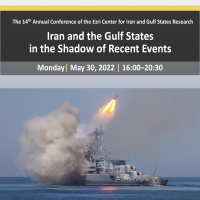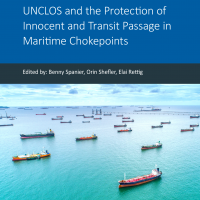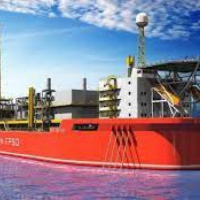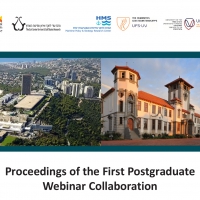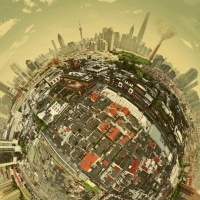The 14th Annual Conference of the Azri Center for the Study of Iran and the Gulf States On May 30, 2022, the Azri Center for the Study of Iran and the Gulf States at the University of Haifa held its 14th annual conference on “Iran and the Gulf States in the Shadow of Recent Events”. The conference was held in English via Zoom, in order to allow the participation of more researchers from abroad…
